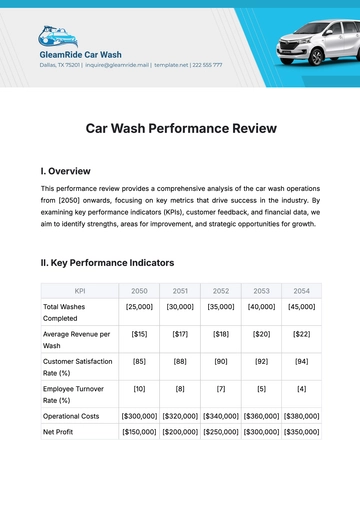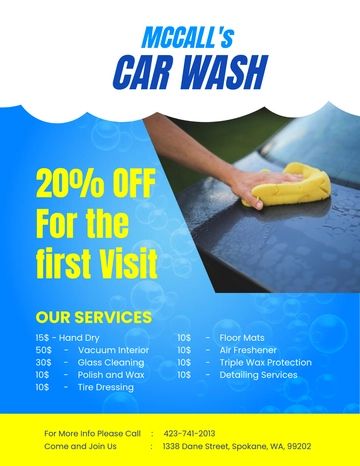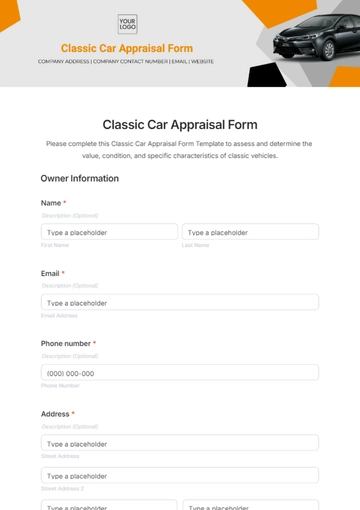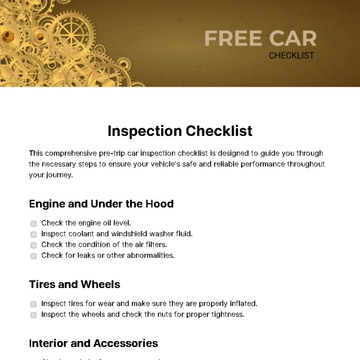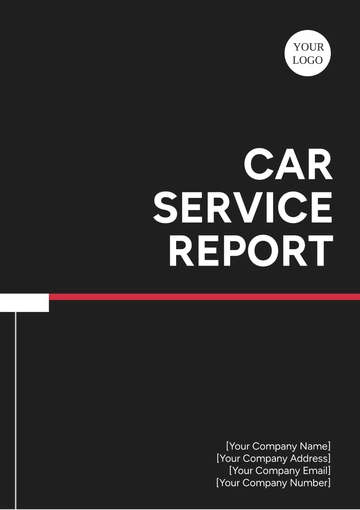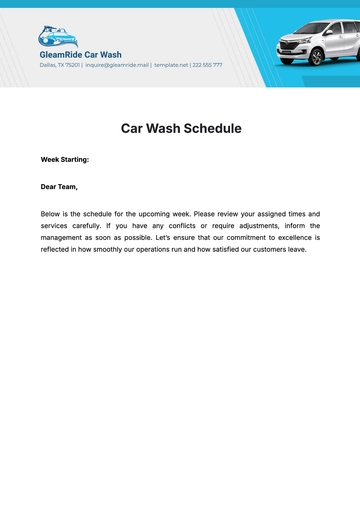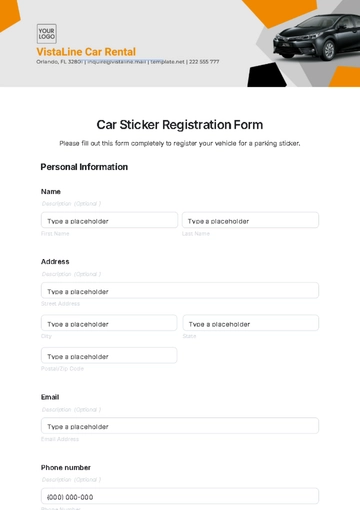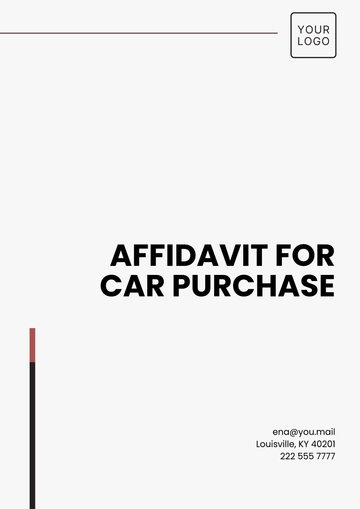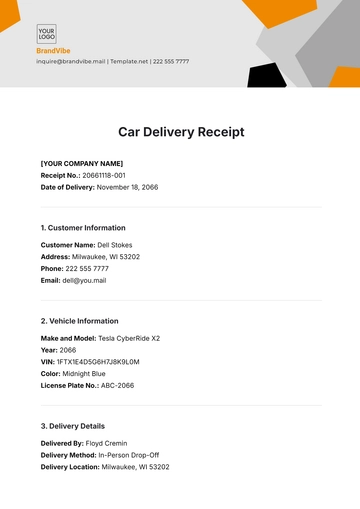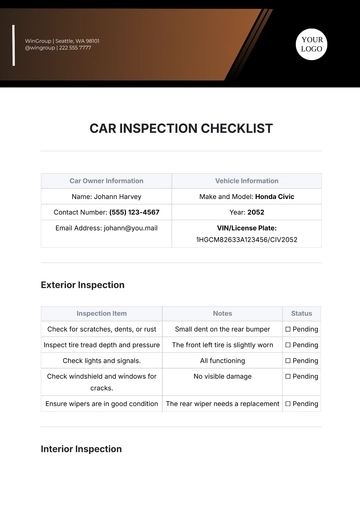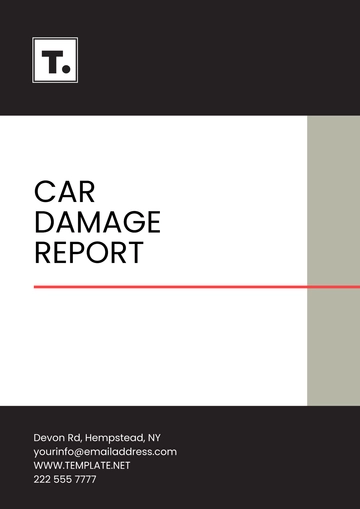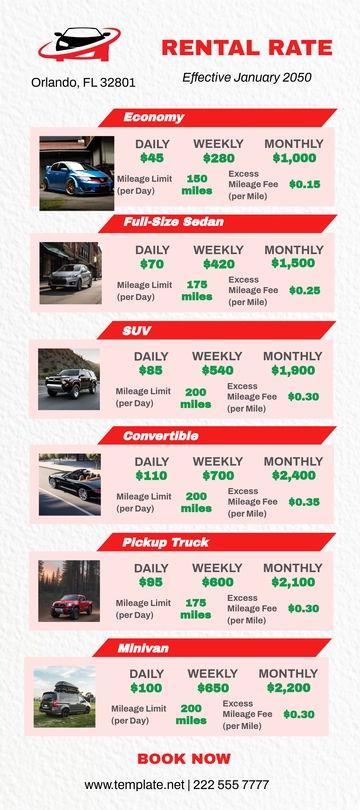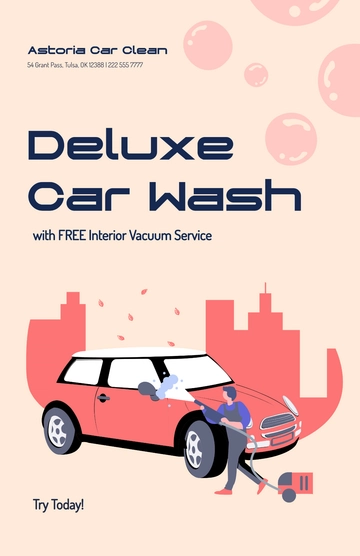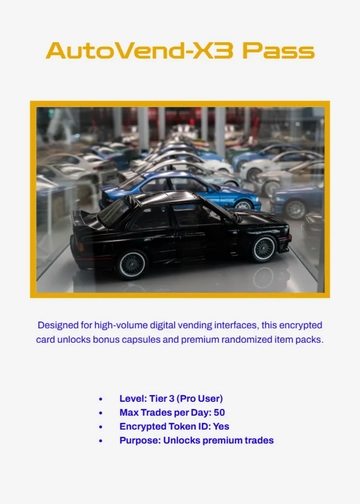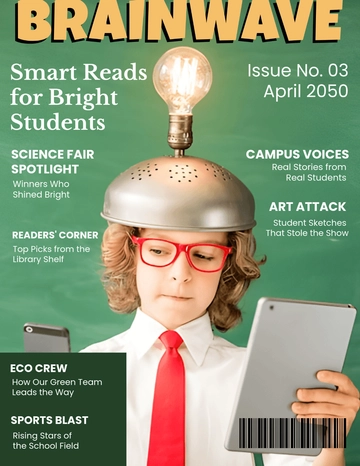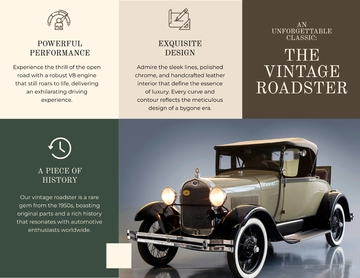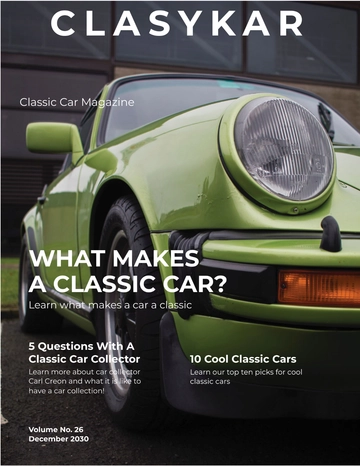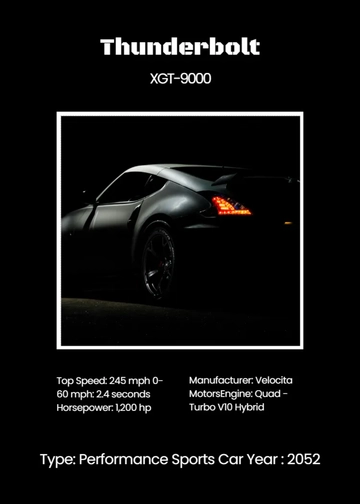Free Car Wash Project Feasibility Study
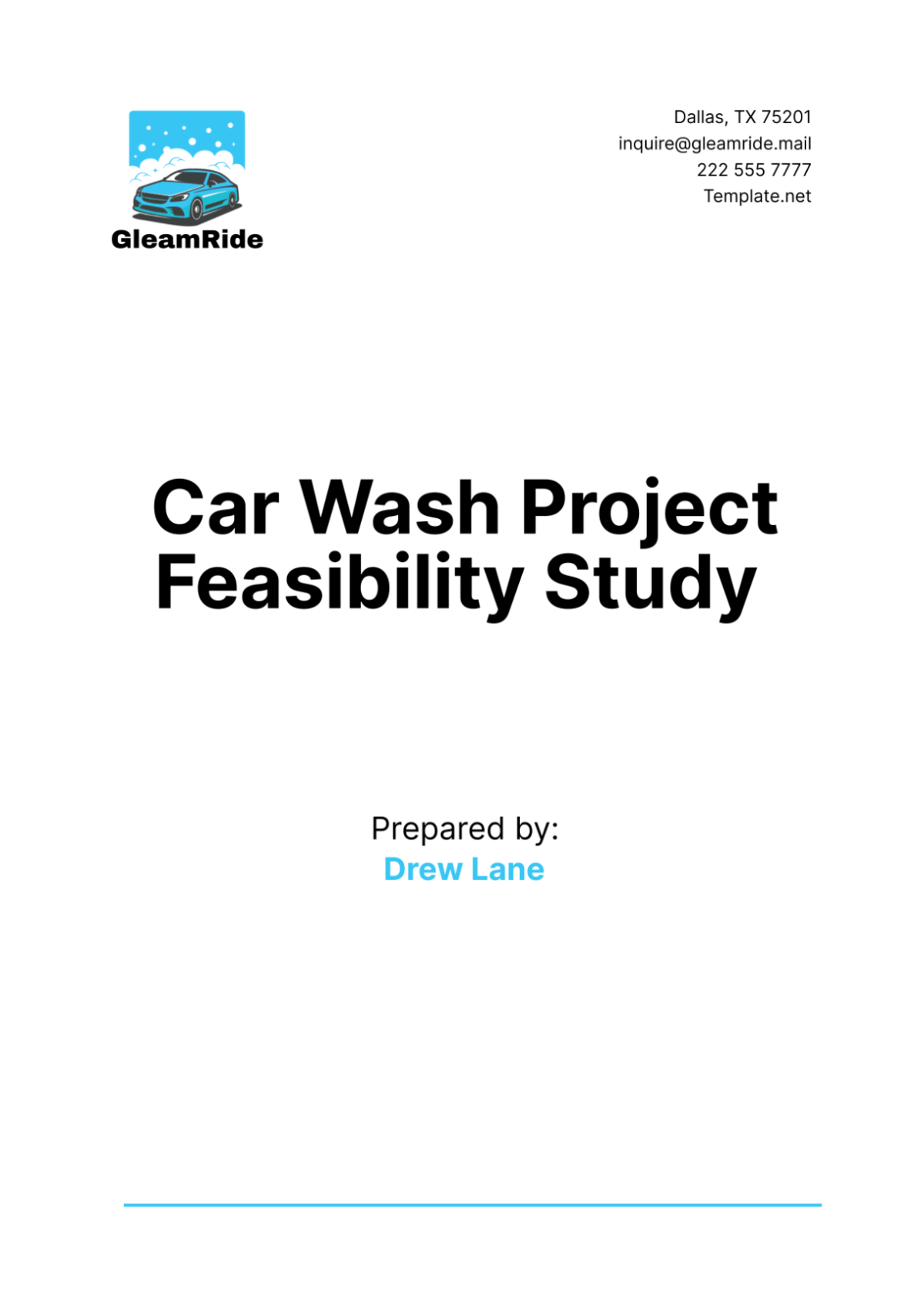
I. Executive Summary
A. Overview of the Car Wash Project
[Your Company Name] plans to establish a state-of-the-art automated car wash facility in [State/County]. The project aims to cater to the increasing demand for efficient car cleaning services in the area. It will feature modern equipment and eco-friendly cleaning solutions, targeting both individual car owners and commercial fleet operators.
B. Summary of Findings and Recommendations
The feasibility study indicates a strong market demand for car wash services in [State/County], driven by demographic trends and an increasing focus on vehicle maintenance. Financial projections suggest that the project is financially viable, with a positive net present value (NPV) and attractive internal rate of return (IRR). Based on the analysis, it is recommended to proceed with the project, focusing on strategic location selection and effective marketing strategies.
II. Introduction
A. Background of the Project
[Your Company Name], recognizes the opportunity to expand its service portfolio by entering the car wash industry in a new location. The decision to undertake this feasibility study stems from the company's strategic goal of diversifying revenue streams and leveraging its existing customer base in [State/County].
B. Objectives of the Feasibility Study
The primary objectives of this feasibility study are:
Assessing the market potential and competitive landscape for a car wash facility.
Evaluating the technical, financial, operational, and marketing feasibility of the proposed project.
Providing recommendations based on findings to guide decision-making on project implementation.
C. Scope and Limitations
The scope of this feasibility study covers:
Market analysis specific to [State/County] and surrounding areas.
Technical requirements include facility design, equipment selection, and environmental considerations.
Financial feasibility assessment, including cost estimation and revenue projections.
Operational and marketing strategies tailored to the local market dynamics.
Limitations include reliance on secondary data for market analysis and assumptions made for financial projections due to the absence of historical data specific to the car wash industry in [State/County].
III. Market Analysis
A. Market Overview
The car wash industry in [State/County] is characterized by a growing demand for convenient and high-quality car cleaning services. With an increasing number of vehicle owners preferring professional cleaning over traditional methods, the market presents a favorable environment for [Your Company Name] to introduce its automated car wash facility.
B. Target Market Identification
The primary target market includes:
Individual vehicle owners seeking convenient and efficient car wash services.
Commercial fleets and businesses require regular cleaning for their vehicles.
Residents of nearby neighborhoods and commuters passing through [Location].
Demographic profiling indicates a significant proportion of middle to high-income households and businesses that value vehicle maintenance and cleanliness.
C. Competitor Analysis
Competitive analysis reveals the presence of several local car wash operators offering varying levels of service quality and pricing. Key competitors include established local brands and franchise operations, each with distinct service offerings and customer loyalty programs.
Competitor | Service Offerings | Pricing Strategy | Market Share (%) |
|---|---|---|---|
Competitor A | Basic and premium wash packages | Competitive pricing | 25% |
Competitor B | Premium detailing and waxing services | Premium pricing | 15% |
Competitor C | Standard wash and detailing options | Affordable pricing | 20% |
[Your Company Name] aims to differentiate itself through advanced technology, eco-friendly practices, and superior customer service.
D. Market Trends and Growth Potential
Increasing adoption of automated car wash systems due to efficiency and water conservation benefits.
Growing consumer preference for eco-friendly cleaning solutions and biodegradable products.
Expansion of commercial fleets and ride-sharing services driving demand for professional cleaning services.
Projected population growth and urban development in [Location] contributing to sustained market demand.
IV. Technical Feasibility
A. Location Analysis
Selecting an optimal location is crucial for the success of the car wash facility. Factors considered include:
Accessibility and visibility from major roads and highways.
Proximity to residential areas, business districts, and commercial hubs.
Availability of sufficient space for parking, queuing, and future expansion.
Zoning regulations and permits required for operating a car wash facility in [State/County].
A detailed site survey and feasibility assessment will be conducted to finalize the location based on these criteria.
B. Facility Requirements
The proposed car wash facility will encompass:
Automated washing bays equipped with state-of-the-art cleaning equipment.
Vacuum stations and detailing areas for additional services.
Water recycling and waste management systems to minimize environmental impact.
Customer waiting area, restroom facilities, and vending amenities for convenience.
Facility Component | Description | Estimated Cost ($) |
|---|---|---|
Automated Washing Bays | High-pressure wash systems with robotic controls | 150,000 |
Vacuum Stations | Multiple stations with commercial-grade equipment | 50,000 |
Water Recycling Systems | Advanced filtration and reuse systems | 75,000 |
Customer Waiting Area | Comfortable seating, refreshments, and Wi-Fi | 25,000 |
The facility design will prioritize efficiency, safety, and customer experience.
C. Equipment and Technology Assessment
Evaluating the latest car wash technologies and equipment includes:
Comparative analysis of automated vs. manual wash systems.
Selection of eco-friendly cleaning solutions and biodegradable chemicals.
Integration of digital payment systems and customer loyalty programs for enhanced service delivery.
Investment in cutting-edge equipment will ensure operational efficiency and meet customer expectations for quality service.
D. Environmental and Regulatory Considerations
Compliance with environmental regulations and sustainability practices is paramount:
Water usage and wastewater management in accordance with local regulations.
Implementation of energy-efficient systems and practices to minimize carbon footprint.
Obtaining necessary permits and approvals from local authorities for construction and operation.
Environmental impact assessments and periodic audits will be conducted to ensure ongoing compliance and sustainable operations.
V. Financial Feasibility
A. Cost Estimation (Initial Investment and Operating Costs)
Comprehensive cost estimation includes:
Capital expenditures for land acquisition, construction, and facility setup.
Equipment procurement and installation costs.
Operational expenses such as utilities, maintenance, and payroll during the initial phase.
Cost Category | Description | Estimated Cost ($) |
|---|---|---|
Land Acquisition | Purchase or lease of a suitable site | 300,000 |
Construction | Building construction and site development | 700,000 |
Equipment | Automated wash systems, vacuum stations | 300,000 |
Operating Expenses | Utilities, maintenance, insurance | 50,000 annually |
Initial investment is projected to be $1.35 million, with ongoing operating costs estimated at $50,000 annually.
B. Revenue Projections
Revenue forecasting is based on:
Pricing strategy for different service packages (e.g., basic wash, premium wash, detailing).
Projected customer traffic and utilization rates of washing bays.
Seasonal variations and promotional campaigns impact sales volumes.
Revenue Source | Description | Projected Revenue ($) |
|---|---|---|
Car Wash Services | Sales from automated wash and detailing services | 600,000 annually |
Additional Services | Vacuum stations, detailing packages | 150,000 annually |
Vending and Accessories | Sales from vending machines and car care products | 25,000 annually |
Annual revenue is forecasted at $775,000, with potential for growth through targeted marketing and service expansion.
C. Financial Analysis
Financial viability is assessed using key metrics:
Net Present Value (NPV) and Internal Rate of Return (IRR) to evaluate investment profitability.
Payback period indicating the time required to recover initial investment.
Sensitivity analysis to assess the impact of variables such as pricing changes and operating costs on financial outcomes.
The NPV analysis shows a positive value of $300,000, with an IRR of 20%, indicating favorable returns on investment over a 5-year period.
D. Funding Requirements and Sources
Funding for the project will be sourced from:
Equity investment from [Your Company Name] and potential partners.
Bank loans or financing options secured against project assets and future revenue streams.
Government grants or incentives for eco-friendly initiatives and small business development.
Detailed financial projections and funding strategies will be presented to stakeholders and financial institutions for approval and support.
VI. Operational Feasibility
A. Operational Plan
The operational plan includes:
Staffing requirements and recruitment strategy for skilled technicians and customer service personnel.
Standard operating procedures (SOPs) for car wash operations, maintenance schedules, and quality control measures.
Training programs to ensure staff proficiency in equipment operation, customer interaction, and safety protocols.
Efficient workflow management and adherence to SOPs will optimize service delivery and customer satisfaction.
B. Management and Staffing Requirements
Key personnel roles and responsibilities:
Facility manager overseeing daily operations and strategic management.
Technicians and detailers are responsible for car washing, vacuuming, and detailing services.
Customer service representatives manage inquiries, bookings, and feedback.
Emphasis on employee training, performance incentives, and team collaboration to foster a productive work environment.
C. Suppliers and Partnerships
Establishing partnerships with:
Equipment suppliers for regular maintenance and spare parts procurement.
Suppliers of eco-friendly cleaning products and car care accessories.
Local businesses for cross-promotional activities and customer loyalty programs.
Vendor management protocols and contractual agreements will ensure quality standards and cost efficiency in supply chain operations.
D. Risk Assessment and Mitigation Strategies
Identifying potential risks includes:
Operational risks such as equipment breakdowns or service disruptions.
Market risks related to competitive pricing, customer retention, and economic downturns.
Regulatory compliance and environmental risks affecting business continuity.
Mitigation strategies involve contingency planning, insurance coverage, and proactive monitoring of market dynamics and operational performance.
VII. Marketing Feasibility
A. Marketing Strategy
The marketing strategy focuses on:
Brand positioning emphasizing [Your Company Name]'s commitment to quality, technology, and customer care.
Targeted marketing campaigns leveraging digital platforms, social media, and local advertising channels.
Promotional offers, loyalty programs, and referral incentives to attract and retain customers.
Integrated marketing communications (IMC) approach to enhance brand visibility and customer engagement in [State/County].
B. Pricing Strategy
Pricing strategy considerations:
Competitive pricing aligned with market rates and perceived value of services.
Tiered pricing for different service packages (basic, premium, deluxe) catering to diverse customer preferences.
Dynamic pricing strategies based on demand fluctuations and seasonal trends.
Price elasticity analysis and competitor benchmarking to optimize pricing strategies and maximize revenue generation.
C. Promotional Activities
Promotional activities include:
Launch events and grand opening specials to generate buzz and attract initial customers.
Seasonal promotions, holiday discounts, and package deals to drive foot traffic and increase sales volume.
Partnership initiatives with local businesses, car dealerships, and corporate clients for bulk service bookings.
Digital marketing tools and customer relationship management (CRM) systems to track campaign effectiveness and ROI.
D. Customer Acquisition Plan
Customer acquisition strategies encompass:
Targeted outreach to local residents, businesses, and commuters through direct mail, flyers, and community events.
Online booking platforms and mobile apps for convenient scheduling and service reservations.
Customer feedback mechanisms and satisfaction surveys to enhance service quality and customer retention.
Building a loyal customer base through personalized service offerings and responsive customer support initiatives.
VIII. Conclusion
A. Summary of Feasibility Findings
The comprehensive feasibility study concludes that establishing an automated car wash facility by [Your Company Name] in [State/County] is both viable and strategically advantageous. Market demand, favorable financial projections, and operational feasibilities support the project's potential for success and growth in the competitive car wash industry.
B. Recommendations for Project Implementation
Based on the findings:
Proceed with site acquisition and construction based on the identified location criteria.
Secure funding through a combination of equity investment, bank loans, and potential government incentives.
Implement a phased rollout of marketing strategies to build brand awareness and customer loyalty from the outset.
Monitor performance metrics closely and adapt operational strategies based on market dynamics and customer feedback.
By adhering to these recommendations, [Your Company Name] can position itself as a leader in providing premium car wash services, meeting the diverse needs of vehicle owners and businesses in [State/County].
- 100% Customizable, free editor
- Access 1 Million+ Templates, photo’s & graphics
- Download or share as a template
- Click and replace photos, graphics, text, backgrounds
- Resize, crop, AI write & more
- Access advanced editor
Evaluate your project's viability with Template.net's customizable and editable Car Wash Project Feasibility Study Template. Leverage the Ai Editor Tool to tailor this template to your specific project requirements. Conduct a thorough feasibility study that ensures successful project implementation.
